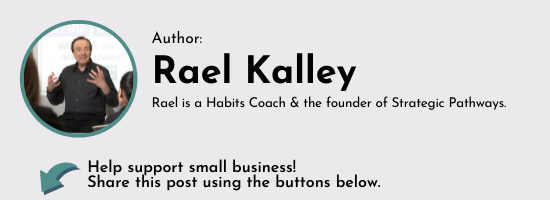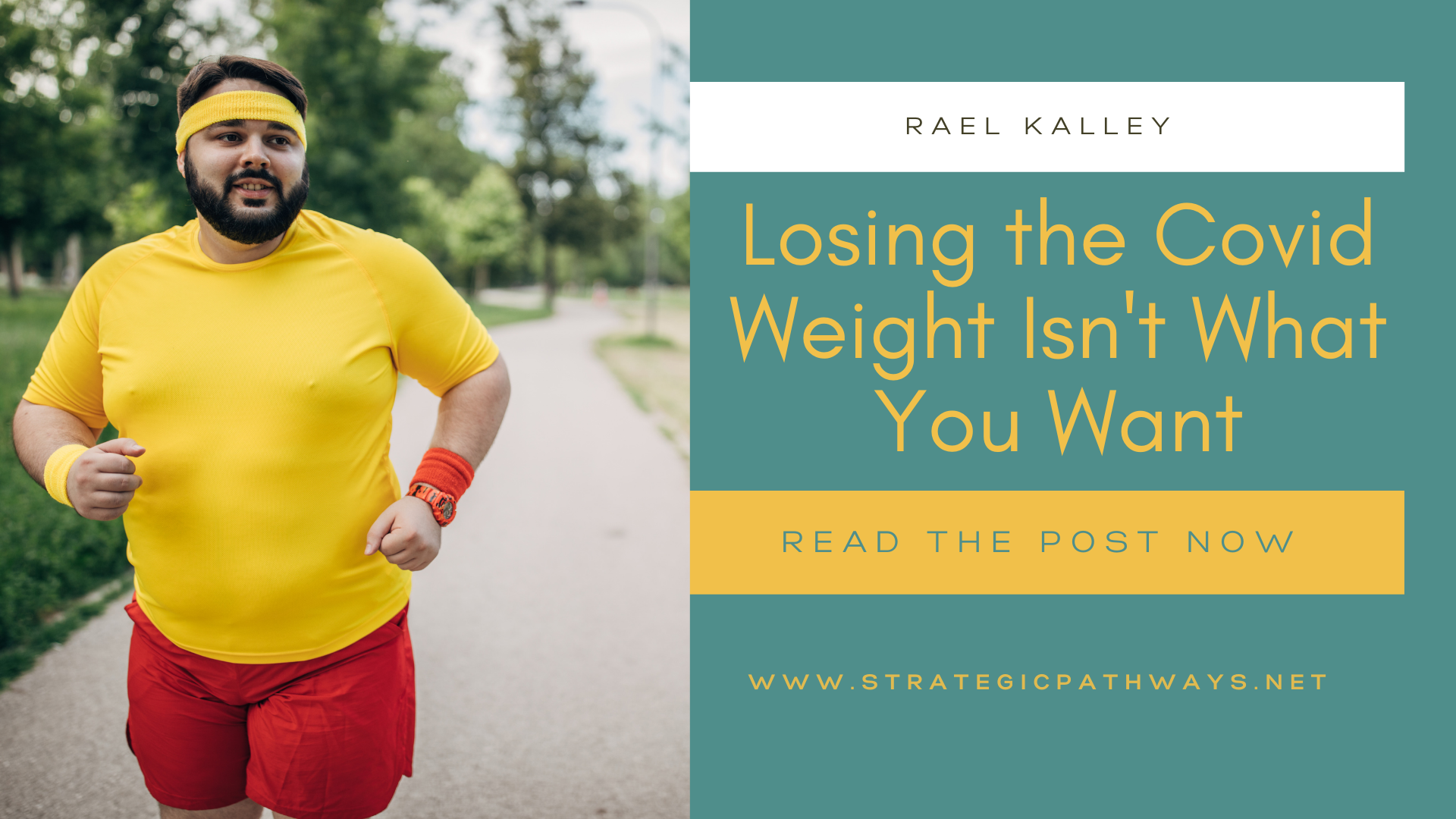More studies on weight gain post-Covid are coming out every day. A couple of weeks ago I wrote about my neighbour joking about his new size. Whether they have experienced this or not, some people are just plain sick of hearing about and talking about the bad habits many of us have adopted in the past two years.
It reminds me of a time in about 2011 PCE (pre-Covid era) when I spoke at a convention and seemingly put my foot in my mouth.
The topic of my address was goal setting and planning, which is also a common topic of interest right now, as people try to make up for delayed goals and plans.
I believe that we can significantly ease the burden of accomplishment with a good plan, and I have 30 years of evidence from my coaching clients.
Back to the conference, I began my presentation by introducing the topic and then asking the audience if any of them presently have any goals in mind that they would like to achieve.
A cherubic lady sitting at a table at the back of the room instantly raised her hand and yelled out, “40.”
Before I could say anything, a voice from my left side yelled out, “50.”
Someone else said, “60.”
Do You Really Want What You Think You Want?
I forgot where I was and thought I was at an auction for a brief moment. I soon realized that the audience members were calling out their weight loss goals.
And this is where I got myself in real trouble. I looked at the first woman who spoke out, glanced around at everyone else, looked back at her and said, “No, that’s not what you want; that is only what you think you want.”
As it turns out, people don’t like it when a total stranger is condescending and cryptic at the same time. Here’s what I meant and why it matters to reach your post-Covid goals.
People Don’t Want to Hear It, But They Need to Hear It
People who all know each other share a specific look when a stranger walks into the room and tells them they don’t know what they’re talking about.
Do not try this on your own. It takes years of practice and experience for a highly skilled and trained professional like me to infuriate an entire audience in less than 30 seconds.
It’s a gift.
I quickly realized that I hadn’t yet been paid for this event. With the motivation that can only come from desperation, I hastily formulated the words in my mind that were necessary to extricate myself from this tense situation before the group in front of me chose to extricate me from the room.
I took a deep breath and explained it like this.
“We don’t want what we think we want. What we want is what getting what we think we want will do for us.
“So really, what we want really has nothing to do with what we really want. It is simply how we really want to get what we want, really.
“Get it?”
The response from my audience was electric. Audience members stared at me with a look that I could only interpret as their reaction to the realization that they were in the presence of true genius.
Realizing the urgency of their desperate need for more, I continued.
“Losing 40 pounds is what you would like to do,” I began, “but that is just the solution your brain has come up with to satisfy your real goal. You want to feel how you think losing 40 pounds will make you feel.”
“You may want better health. You may want to like how you believe you will look when you lose 40 pounds. You may want to feel how you will feel about yourself when you lose those 40 pounds.
It’s Not About Weight
On average, we have gained about 30 pounds in the last two years. So if your current desire or goal were to lose this 30 pounds, my response would be that you are wrong.
The weight you say you want to lose is the method by which you intend to get those things that you want; it is how you intend to get there. The goal we set for ourselves is just the means to the end. It is the pathway that will lead us to the destination of where we want to be.
When we set a goal for ourselves, we are really identifying the catalyst that will bring us what we want.
We don’t want a bigger house; we like what we believe a bigger house will do for us.
We don’t want a red Ferrari. We want what we believe owning/having/driving/displaying a red Ferrari will do for us.
In the case of people determined to shed pandemic weight, I’d be willing to guess they want to feel like we haven’t all just wasted two years of our life while we waited for some semblance of normal.
Reframe the Goals
It is vitally important for us to distinguish between the goal we set for ourselves, which, as we have discussed, is the means or method that we have identified that will give us what we really want. It is what I call The Prize.
When we set out on this adventure to reach our goal, we can determine the likelihood of success by simply asking ourselves these questions;
- What effect am I telling myself losing this weight will have?
- How much/badly do I want this effect?
If we can’t answer those questions, or if the answers we come up with are not strong, powerful and compelling, the odds of success will be low.
We have to want what achieving our goal will give us. We really have to want it, so much so that not having it causes us pain because when we want something that badly when we want the pain of not having it to go away, we will move mountains to make that happen. When we don’t want it badly enough, we will only play at getting it.
If we don’t want it strongly enough, we will allow ourselves to eat that cheesecake, smoke that cigarette, squander that money because, when we choose to do these things, we will choose the one that we most want at that moment.
We only ever do one thing. EVER. We do what is most important to us at the moment. On the one hand, you can reach your goal by ensuring it’s the most important thing to you at the moment. On the other hand, it is worth examining whether you can decouple the goal from the desired result. Maybe you can skip the elaborate goal altogether and go directly after what you want.
Till we read again.


